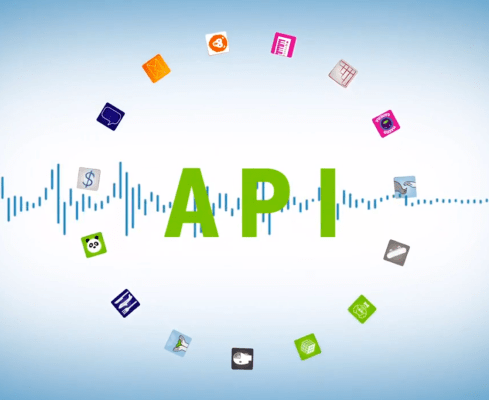Hot off of a AT&T Labs event held in New York City, AT&T has just announced they will be opening up their Watson speech recognition technology to developers this June.
Though Watson has been open to licensing for years now (Vlingo inked their licensing deal with AT&T in 2009, for instance), the release of the APIs means that developers of every stripe will soon be able to access AT&T’s voice transcription engine.
Tackling and interpreting voice input is no easy feat, and AT&T wants to help alleviate any potential headaches by tailoring multiple APIs for use in different specific contexts. Among the examples they list are APIs meant for interpreting web searches and questions respectively, as well as APIs for local business search, voicemail to text (a little Google Voice competition is nice to see), text messaging, and general dictation.
AT&T’s John Donovan is quick to reassure us that there’s much more to come — APIs meant for use in gaming and social media are also reportedly in the works, though they’ll actually be made available is another story entirely.
AT&T Labs has been working on Watson for over a decade now, and we’ve seen the service branch out into some familiar environments over the years. Perhaps as a shot across Ford and Nuance’s collective bow, AT&T (along with partners Panasonic and QNX) announced their plans to develop a car-centric voice command system at this year’s CES. Perhaps unsurprisingly, AT&T also made reference to an API geared toward their U-Verse television service that is specially tuned to handle voice inputs like movie title and actor names — not exactly the first time AT&T has made an overture for the living room.
That AT&T would eventually bring Watson into the mobile space may have been a given, especially considering the technology is prominently featured in existing apps like the AT&T Translator. Still, with the APIs nearly in place — not to mention forthcoming Speech Kit SDK that sends snippets of voice input to Watson servers for transcription — we could be on the verge of seeing the next big voice-powered apps.
